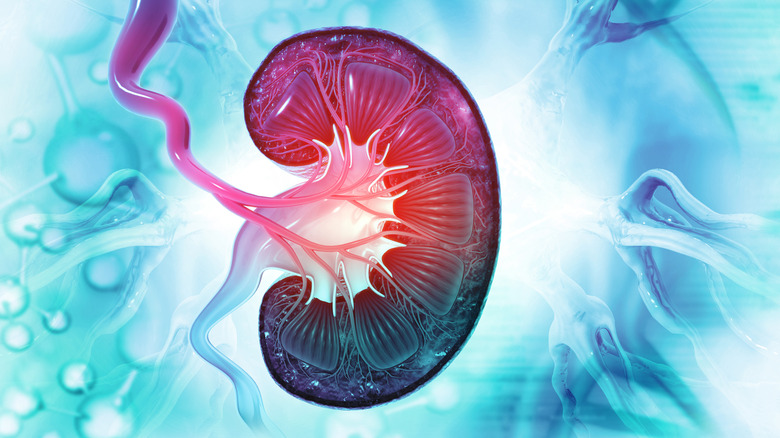Research Shows Why Kidney Disease Affects Men And Women Differently
Chronic kidney disease (CKD) is a prevailing issue affecting an estimated 15% of American adults, according to the Centers for Disease Control and Prevention. Kidneys are in charge of cleaning up our blood and removing waste and fluids that can pose danger to our bodies if accumulated at high levels. People with CKD have damaged kidneys incapable of filtering the blood as effectively as healthy kidneys, increasing the risk of high blood pressure, stroke and death.
This health condition affects mostly people above 65 years old, with women being more likely to have it than men. While men get the disease with less frequency, they tend to face faster and harsher consequences than women, researchers at the University of Illinois at Chicago found in a 2018 study. Experts have spent years trying to understand why there is this gender disparity, some suggesting that different testosterone and estrogen levels might be the cause (via National Kidney Foundation). A new study by Duke University seems to have the answer.
Testosterone influences the progression of kidney disease
On November 8, the journal Cell Reports published a study by Duke Health researchers proposing an answer to the gender disparity in kidney disease progression. The study used mice as subject matter and found that female mice had a higher protection against a form of cell death called ferroptosis, which is related to kidney disease. This special protection was given by a protein complex that is highly active in women but not so much in men, due to higher levels of testosterone, per Duke Health.
"Our study is a step toward identifying the causes and suggests that this female resilience could be therapeutically harnessed to improve kidney repair in both sexes," researcher Dr. Tomokazu Souma told Duke Health. "By identifying the mechanism in which the female hormonal environment protects and the male hormonal environment aggravates acute and chronic kidney injuries, we believe there is strong potential to boost the resilience of kidneys."

